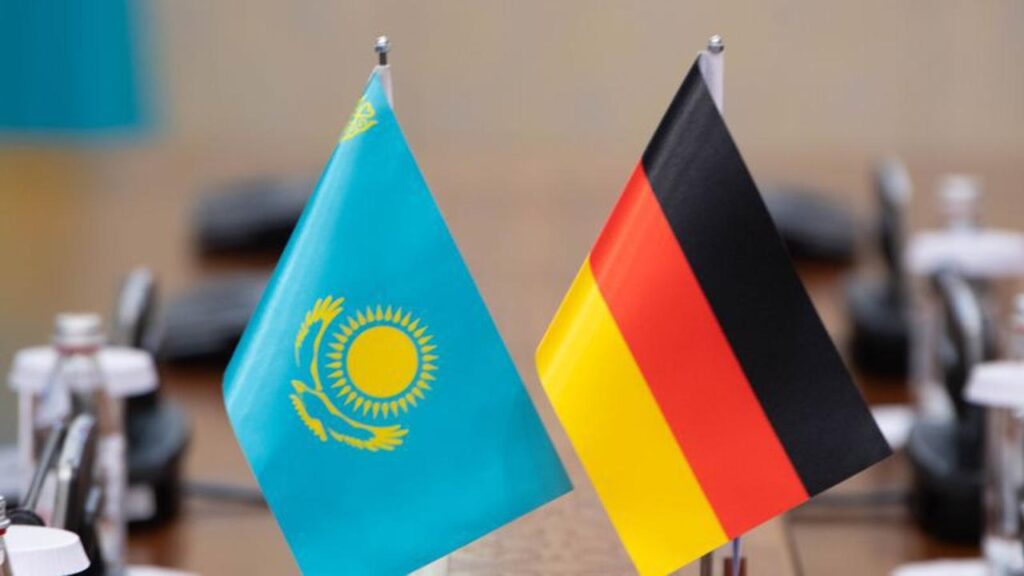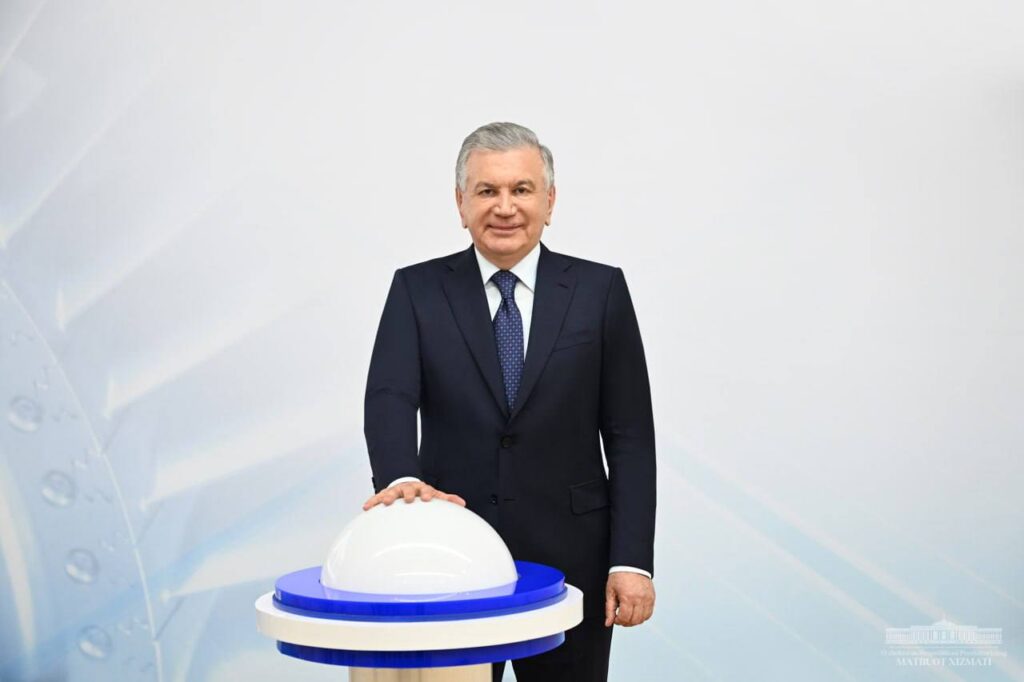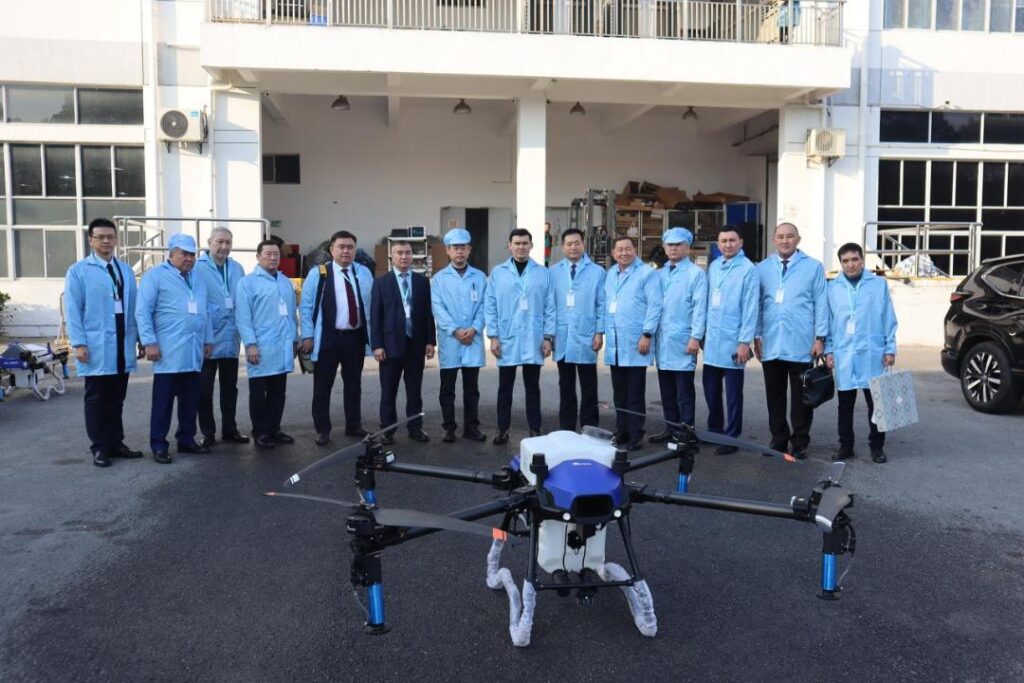The number of foreign and joint venture (JV) companies doing business in Kazakhstan reached 52,000 as of January 2024, a number that has more than doubled in five years from 24,700 in 2019, according to a report by Energyprom analysts. At the beginning of this year, 43,400 companies were registered in Kazakhstan defined as legal entities or branches with a foreign form of ownership. Additionally, there were 8,700 JVs. In terms of types of activity, most foreign companies operate in the fields of trade and services, and are most often small businesses. That diverges from Kazakhstan's priorities for the economy to attract and maintain large organizations in industry, construction, and IT. In total, more than 11,000 going concerns, both foreign and JVs, are working in these sectors. At the end of last year in the Karaganda Region, workers completed the construction of Kazakhstan's first lime production plant, which a Belgian company invested in to build. Furthermore, foreign investment totaling $482 million is behind the construction of a copper smelting plant in East Kazakhstan with a capacity of 25 million tons of products per year. In Aktobe, thanks to investment from Italy, a plant will produce thermal insulation materials. Agreements on all of these projects have already been signed. According to the Bureau of National Statistics of the Republic of Kazakhstan, Russia holds the largest share among JVs and foreign enterprises, which stands to reason given that this northern neighbor is Kazakhstan's key partner in the Eurasian Economic Union (EAEU). In January of this year, 23,400 active Russian and Kazakh-Russian companies were registered in the republic. Following Russia's attack on Ukraine in February 2022, there was a sharp influx of those wishing to move their business from Russia to Kazakhstan. Rounding out the top five countries that are actively opening businesses in Kazakhstan are Turkey, Uzbekistan, Kyrgyzstan, and China. Chinese business leaders have registered not just trading companies, but enterprises in manufacturing and mining industries. About 450 Chinese or Kazakh-Chinese companies in the heavy industries sector are currently operating. Among them is an East Kazakhstan-located producer of fuel assemblies for nuclear power plants in China. In terms of regions, the East Kazakhstan and Atyrau regions - as well as the metropolises of Almaty and Astana - attract the most foreign investment. For example, foreign ventures invested $6 billion in Almaty in 2023, whilst the oil refining sector in the Atyrau Region received $5.5 billion.








